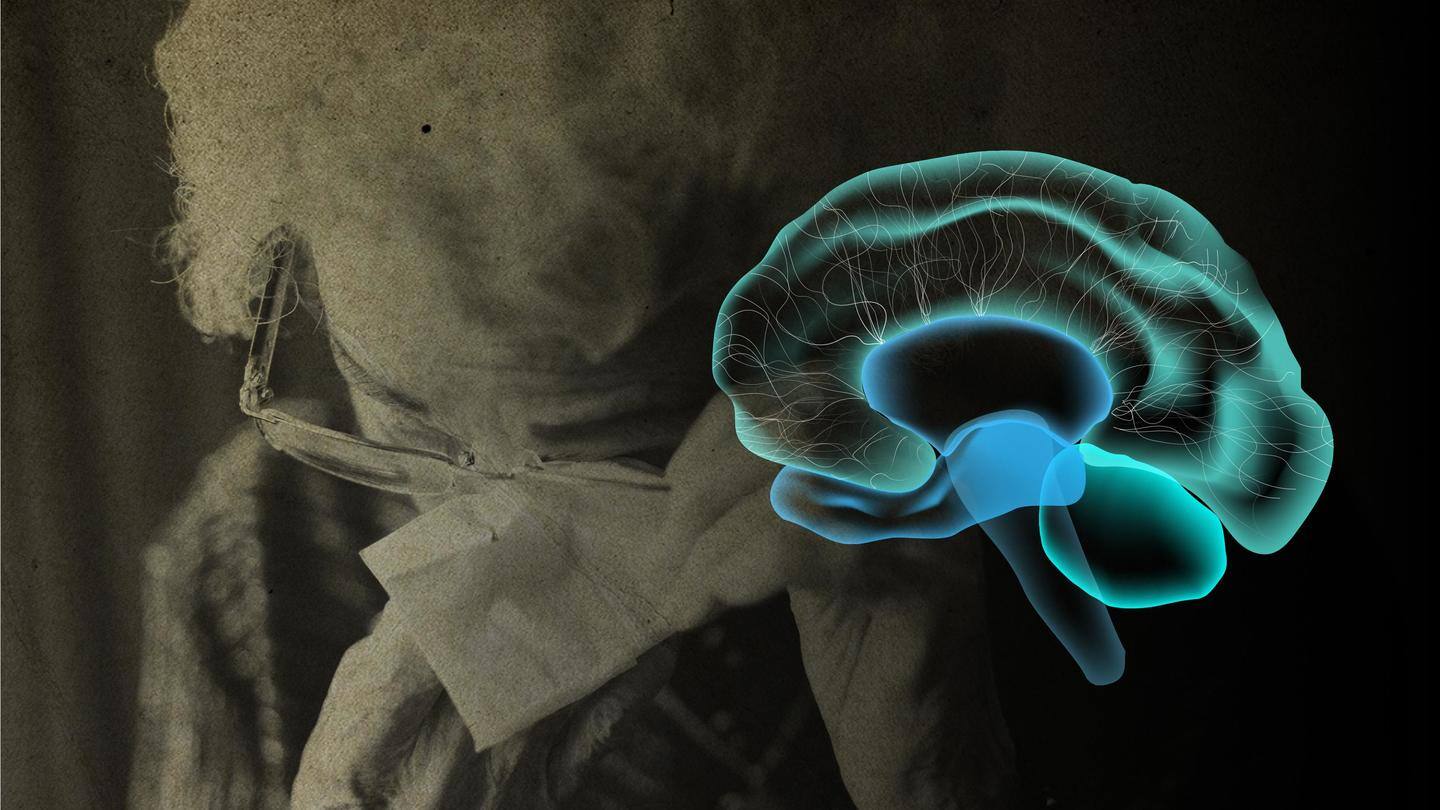
Alzheimer's drug succeeded in slowing cognitive decline, say drugmakers
What's the story
Leading Japanese drugmaker Eisai Co. and its partner Biogen Inc. on Tuesday said their Alzheimer's drug showed a significant effect in slowing the disease, in a major trial.
They claimed the medicine, Lecanemab, reduced the progression of the illness by 27% when compared to a placebo.
The discovery gives patients and their families who long for effective treatment tremendous hope, according to scientists.
Context
Why does this story matter?
The global Alzheimer's population is expected to climb to 139 million by 2050 without effective treatment.
The figure is predicted to climb to over 13 million in the US by 2050, up from more than 6 million now.
Notably, numerous pharmaceutical companies are already developing useful medications for the disease. Some are nearing completion, such as Roche Holding AG's Gantenerumab and Eli Lilly's Donanemab.
Results
Study validates 'amyloid hypothesis' about disease progression
Eisai stated that the 1,800-patient study findings validate the long-held idea that removing sticky deposits of a protein called amyloid beta from the brains of patients with early Alzheimer's might postpone the disease progression, Reuters reported.
"This means that treating amyloid is a step in the right direction," said Ronald Petersen, director of the Mayo Clinic Alzheimer's Disease Research Center in Rochester, Minnesota.
Hope
New drug brings hope for 50 million Alzheimer's patients worldwide
The clinical study results will provide hope to the approximately 50 million Alzheimer's patients globally that progress is being made in the quest for medicines to halt the disease, as per The Financial Express.
The Lecanemab study, which was the first anti-amyloid therapy to demonstrate advantages in terms of reducing cognitive decline, was deemed crucial by scientists, although they cautioned against overinterpreting the findings.
Step ahead
Company seeking FDA approval now
"It's not a huge effect, but it's a positive effect," said Petersen.
The drug company is now pursuing clearance from the US Food and Drug Administration (FDA) under an expedited procedure, with a decision likely in early January.
On Tuesday, the Japanese pharmaceutical company said that it will utilize the new efficacy data to submit Lecanemab for standard FDA assessment as well.
Reaction
Alzheimer's Association pleased with the outcome
Meanwhile, the Alzheimer's Association applauded the findings, calling them the most optimistic outcomes in clinical studies targeting the fundamental causes of Alzheimer's to date, Bloomberg reported
It said the pharmaceutical experts were similarly upbeat.
"We finally have what we believe to be a clean win in Alzheimer's disease," said Evan David Seigerman, an analyst at BMO Capital Markets.
Caution
Lecanemab brings some side effects along
The treatment comes with some serious side effects, including brain swelling and bleeding.
In the trial of 1,795 patients, 21.3% of those who received Lecanemab experienced brain swelling or brain bleeding, while only 9.3% of those on placebo had those problems.
While most of these cases were asymptomatic, 2.8% of people on the drug had symptomatic brain swelling, the companies said.
Information
What is Alzheimer's disease?
Alzheimer's is a type of dementia that causes problems with memory, thinking, and behavior.
Symptoms develop slowly and worsen over time. The manifestation of the disease might interfere with daily activities.
It accounts for 60-80% of dementia cases.
The greatest risk factor is increasing age, and the majority of people with Alzheimer's are over 65 years of age.
Detection
Cause of Alzheimer's
A specific variation of the apolipoprotein gene (ApoE4) in the blood is associated with an increased risk of developing Alzheimer's disease.
The apolipoprotein gene is inherited from each parent.
When a patient inherits the gene variant from, the risk of developing Alzheimer's is three times more, whereas one who inherits ApoE4 from both parents is 8-12 times more likely to develop the disease.